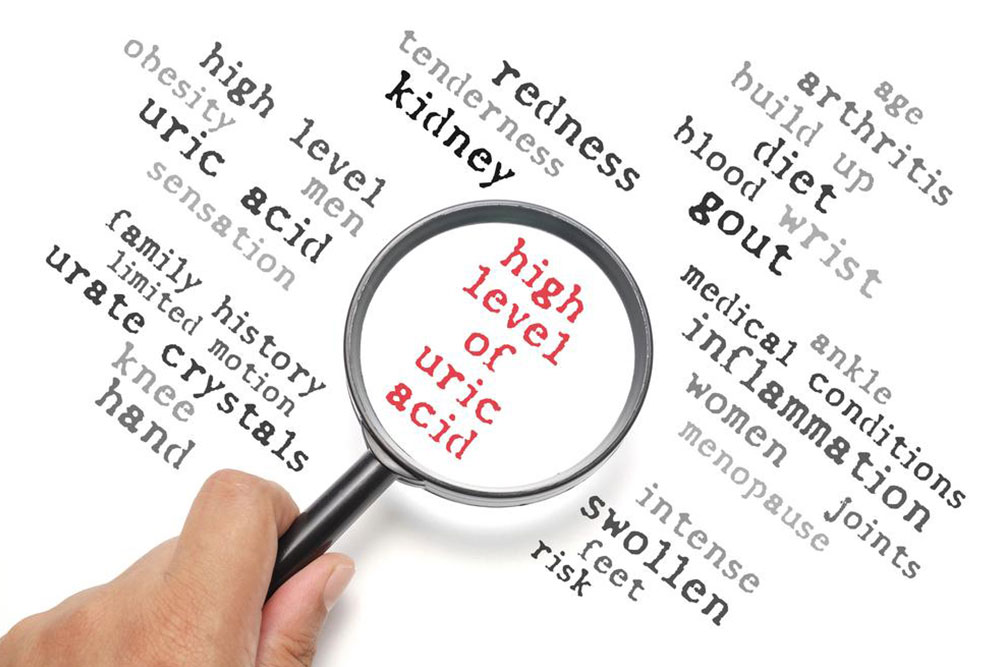Comprehensive Guide to Managing Elevated Uric Acid Levels
Learn effective strategies to manage high uric acid levels, prevent complications like gout and kidney stones, and promote overall health through dietary changes, hydration, and exercise. Routine testing and lifestyle adjustments are key to maintaining balanced uric acid levels.

Comprehensive Guide to Managing Elevated Uric Acid Levels
High uric acid levels pose serious health risks, including gout, kidney stones, and potential kidney failure. Recent research links increased uric acid with high blood pressure and heart disease. Elevated levels result from increased production or reduced excretion of uric acid, caused by diet, lifestyle, or genetic factors. To prevent complications, controlling uric acid through diet, hydration, and exercise is essential. Consuming cherries, lemon juice, and green tea can help lower levels, while avoiding high-purine foods and alcohol is also recommended. Regular blood tests aid early detection and management, keeping health risks at bay.
Adopt a diet low in purines like red meats and seafood
Limit alcohol consumption
Increase water intake for better excretion
Maintain healthy weight through regular exercise
Include uric acid-reducing foods like berries, lemon, and olives
Routine blood tests help monitor uric acid levels, preventing serious conditions like gout or kidney issues. A proactive approach ensures better health management, reducing timeline and severity of potential complications. Making lifestyle modifications is key to maintaining balanced uric acid levels and promoting overall wellness.
Regular health check-ups and lifestyle adjustments play vital roles in managing uric acid. Proper diet, hydration, and exercise are crucial for prevention and control of high uric acid levels, reducing the risk of chronic conditions and improving quality of life.










